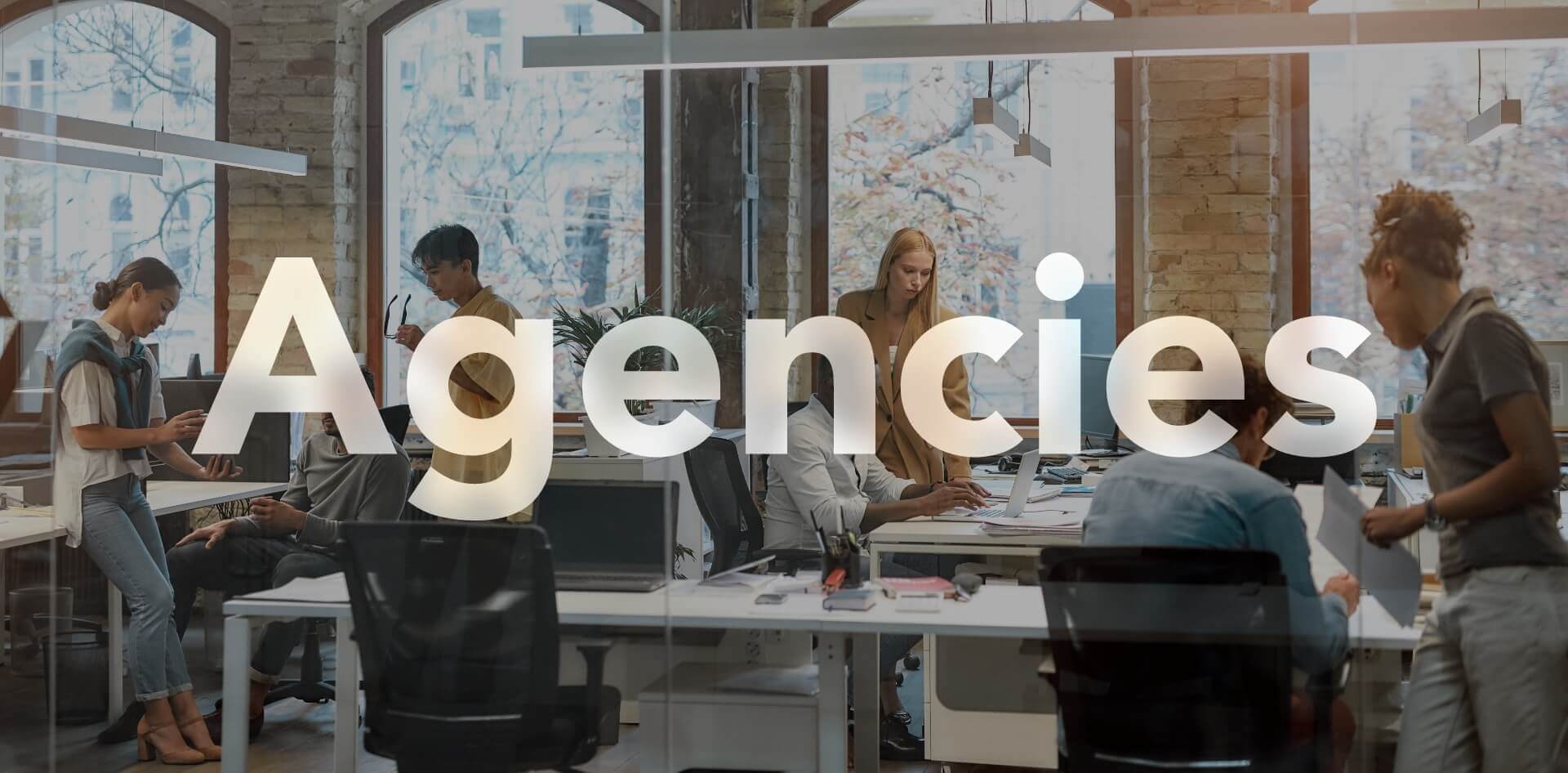
Susan Toerek is an intellectual property and marketing law attorney, with a national firm based in Cleveland: Legal + Creative.
She helps ad agencies protect themselves, and she talks about everything related to that on her podcast, The Innovative Agency.
In a recent episode, she discusses how agencies are working together as partners more and more.
First, clients want partner agencies. For example, it is now more common that they have a separate agency for branding, an agency for paid media, and an agency for web and SaaS development. And because clients want their agencies to all play together nicely in the sandbox, harmonious cooperation is a criterion for getting hired in the first place.
Either one of those agency partners doesn’t really need to fear that the other one is going to steal the client. Doesn’t make any sense. The client wants multiple, specialized agencies, and camaraderie has already been prescribed as mandatory.
So, that’s a State of the Union on agency partnerships influenced by the client side.
There’s another angle, however, and that’s agency-initiated partnerships. She says her firm has seen a dramatic uptick in agencies forming strategic alliances on their own to go to market in a new way or to better serve a unique client.
In that case, also, stealing clients makes no sense. Each partner is only part of the solution. And if they could steal the client on their own, they wouldn’t have partnered in the first place.
She says the dynamic has actually switched from stealing clients to stealing talent.
However, if talent is kept happy, that should not be a fear. That is, if they’re going to leave no matter how happy they are, then it is simply inevitable.
83 percent
The great majority of agencies
engage outside partners
(and about 3/4ths white label the relationships)1
In Agreement
Respondents in the annual Agency Audit
Survey report that:
“Partners do not hurt our agency reputation”1
By definition, partners are mutually beneficial. They each offer something unique, so they need each other to comprise a complete service offering. Take the example of SaaS and web development: A marketing agency is going to do all the strategy and, creative direction, big-picture thinking, and the outsourcing development partner is going to do all the programming and, design, and admin.
The partner is not selling the client, not pitching the business nor answering RFPs, and competing against other agencies. They don’t know about the client’s manufacturing or retail, or consulting business. They know the development and all that goes with it.
And if an agency chooses an outsource that only works exclusively with agencies, there’s another benefit.
The most successful outsourcing is going to be no stranger to the agency business. Able to talk the talk… understand the crush of deadlines… anticipate the vagaries clients often pose (and solve for them). Able to navigate the many layers of agency structure… of reporting, paperwork, SOPs… of scoping the project to remain on time and on budget.
A refined scope of work means money is not left on the table in the form of missed opportunity. Nor is margin impacted by scope creep, by something that was overlooked. It understands that not every RFP is a win, so it helps make every pitch as best as it can possibly be. It brings in subject matter experts because it knows agencies are not going to know everything about ADA compliance and web security, for example.
The best partner will bring integrity. And that is many-fold: 1) Confidentiality… proven guardians of proprietary information and NDAs. 2) Contracts and questionnaires… proper planning and identification of red flags. 3) Fixed pricing… not change orders.
These are traits that agencies will only find among outsource partners that only work with agencies. The outsource only succeeds if it helps the agency succeed. Over and over again. There’s no hope for a business plan that does otherwise.
They get it.
- ©2022 Agency Audit survey results, data pulled Nov 14, 2022.